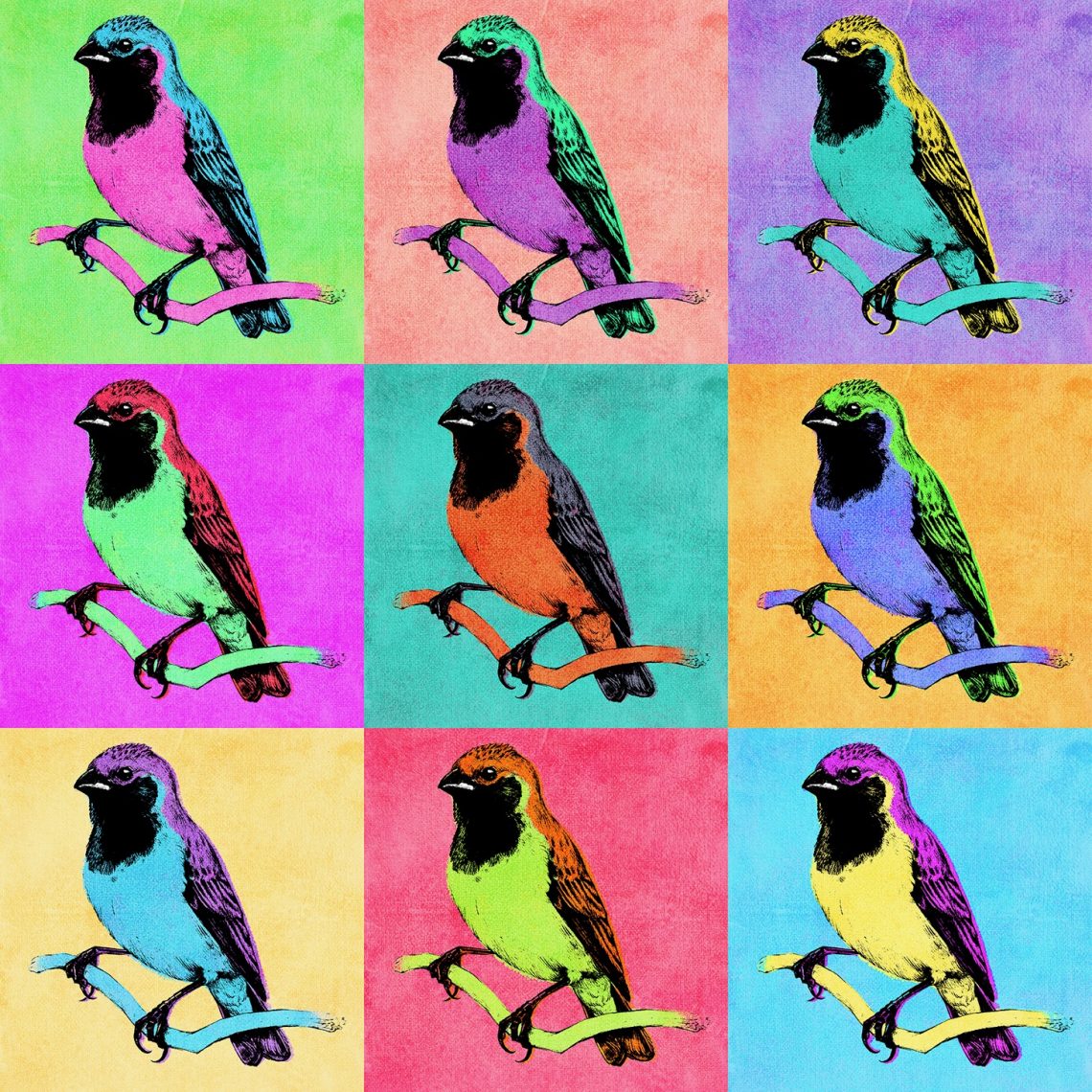
(Republished with permission from the Autumn 2017 issue of Living Bird magazine. Illustration by Virginia Green, Bartels Science Illustrator, Cornell Lab of Ornithology.)
The problem with Doing Development Differently
By Terence Wood
19 May 2020
Like migrating birds, every once in a while a flock of new ideas comes to rest in the world of aid. The most recent flock includes Doing Development Differently, Problem Driven Iterative Adaptation, and Thinking and Working Politically. These ideas weren’t all born in the world of aid, but they’re roosting here now. As always, the ideas come adorned with acronyms: DDD, PDIA and TWP.
Each idea is different in its own way. Like ornithologists, aid watchers are well aware that DDD, PDIA and TWP aren’t the same thing. But the similarities are such that you can speak of them in the same breath. They’re separate species, but they belong to the same genus. There’s a common intellectual thread. This thread is the belief that development problems are best tackled if their real nature is known, if the forces shaping key actors’ decisions – power, incentives, norms, formal rules – are understood, and if the limits of our knowledge are admitted up front, so that work can change as knowledge grows. This can be contrasted with a completely different development genus: Conventional Aid Work. In Conventional Aid Work the problem is often assumed to be technical: real humans are bundled out of the equation, solutions come from a playbook designed somewhere else, and limits to knowledge are wished into the future, where evaluators might do something about them, perhaps.
I like development’s latest flock of new ideas. The conventional aid work they’re contrasted with is a caricature, but I’ve seen enough poorly planned aid shambling round to think there’s room for improvement. DDD, PDIA and TWP also speak to my inner social scientist, who buys the idea that decisions aren’t made in a vacuum, and that power, incentives and rules matter. The same social scientist also thinks there are enough variables shaping people’s choices and enough people involved in most development issues to make understanding different configurations – aka context – crucial. As a researcher I know knowledge is hard to come by. As someone who’s conducted evaluations, I know that fully understanding if, how and why an aid project worked isn’t easy.
So I’m a fan. I would love it if these new ideas stuck around. But there’s a big problem: Doing Development Differently and the rest of its flock actually involve doing development differently.
Obviously, a few of the ideas could be captured and their acronyms used to decorate reports. But that’s not real change.
Real change will involve more. It will involve more experienced aid workers, for a start, so that they have time to learn, think and adapt. There also needs to be a willingness to accept some issues are intractable for now. And path dependency – doing things in a certain way because they’ve always been done that way – needs to be replaced by cautious steps into the unknown.
Change will also involve robust monitoring and evaluation with sound strategies for identifying project impact. Rigorous data gathering needs to start before a project starts. Systems also have to be consciously woven into project work so that adaptation can occur as soon as it is needed. Too little is learned, and it’s learned too late, if learning is limited to a couple of evaluators sent out in a hurry after a project is finished.
DDD, PDIA, and TWP all involve real breaks with business as usual. This isn’t easy. It’s challenging internally. It also has a political economy of its own. Politicians and the public (as well as private donors to NGOs) are instinctively averse to the idea of more staff, for example. Similarly, spending half a project’s budget on a really good monitoring, evaluation and learning system will seem insane to people outside the world of aid, but when tackling hard problems it might be money well spent.
Fortunately, once we get beyond mere jargon in reports, any serious attempt would be a great start. And an aid program needn’t change the way it worked everywhere overnight. Sessions in the last two Australasian AID Conferences have provided interesting examples of changing practice. The next step will be taking change to a larger scale. If Australia wanted to be ambitious, over time it could work on transforming its Papua New Guinea aid program, where it seems to face particular challenges.
DDD, PDIA and TWP require change. No one should kid themselves. Change means effort. In the end though, surely making an effort is the least we could do if we’re actually interested in doing development properly.
Main image republished with permission from the Autumn 2017 issue of Living Bird magazine. Illustration by Virginia Green, Bartels Science Illustrator, Cornell Lab of Ornithology.
About the author/s
Terence Wood
Terence Wood is a Fellow at the Development Policy Centre. His research focuses on political governance in Western Melanesia, and Australian and New Zealand aid.
